Warning: Illegal string offset 'source_type' in /home/mychutej/public_html/blog/wp-content/plugins/egany-facebook-to-wp/egany_facebook_to_wordpress.php on line 1099
This week, there have been advances in the journey to epidemic control and disease management. From the recent study that redirected our minds to other ways to control epidemics to the 2017 report from Bill and Melinda Gates. The question now is, “how are we all contributing to the path to prevent, detect and respond quickly to diseases?”
The first focus is on the different claims about Lassa fever that rampaged the online community. Blogs and other news sites capitalised upon the informational conflict to push out their brands at the expense of every Nigerian.
Related Link: The Africa Centre for Disease Control (Africa-CDC) Begins Operation
The Nigerian Center for Disease Control and the Federal Ministry of Health addressed the public on the Lassa Fever outbreak and called for every Nigerian to be watchful and join the fight against the disease. The key point is the need for rapid detection of the disease, so healthcare workers should remember to prioritize Lassa fever if clients test negative for Malaria. Prevention is key, and the general public is advised to be wary of rodents frequency and activities in their environment.
Health workers, please note:
Test all cases of fever & headache with malaria RDT. If RDT is negative, suspect other causes, like Lassa. pic.twitter.com/I62G7i4Hto
— NCDC (@NCDCgov) 19 January 2017
Lassa Fever is a disease of public health concern, and the virus is transmitted to humans via contact with food or household items contaminated with rodent urine or faeces. Education on how to protect our environment and early detection are ways we can all help to battle the disease, and not the fabrication of news and rumours.
Talking about disease spread, also this week, a group of researchers at Princeton University and Oregon State University published a study, identifying the social factors that influenced the mass spread of Ebola virus during the last Ebola outbreak in West Africa.
From their report, a different approach is noted on the control of disease spread and the prevention of another uneasy-to-control disease outbreak. It was concluded from the study that during the Ebola outbreak, about 3 percent of Ebola patients were ultimately responsible for infecting about 61 percent of cases. Hence, in the control of diseases, we should pay attention to the “Superspreaders”. These individuals determine how far a disease outbreak would go.
The Bill and Melinda Gates Foundation were proud to tell the world their progress in healthcare and how the number of deaths is falling.
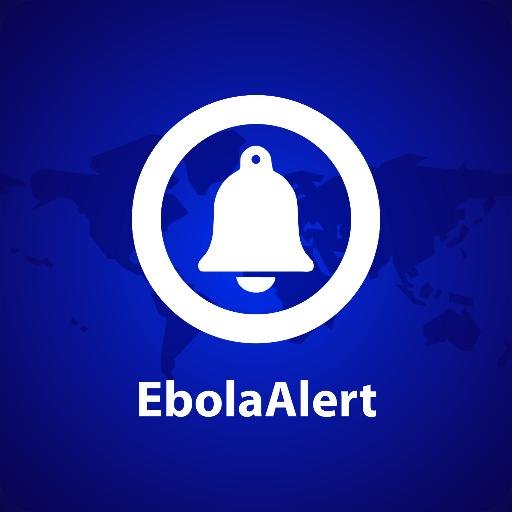

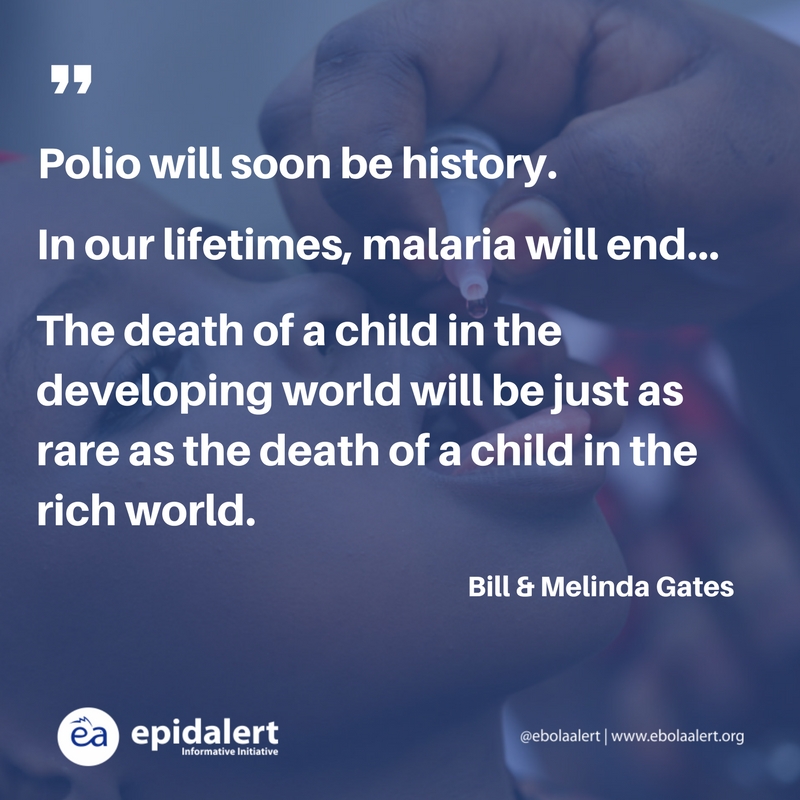

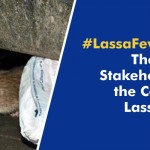
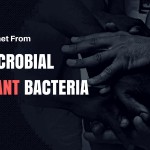

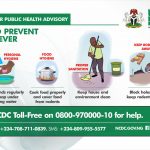






Leave a Reply